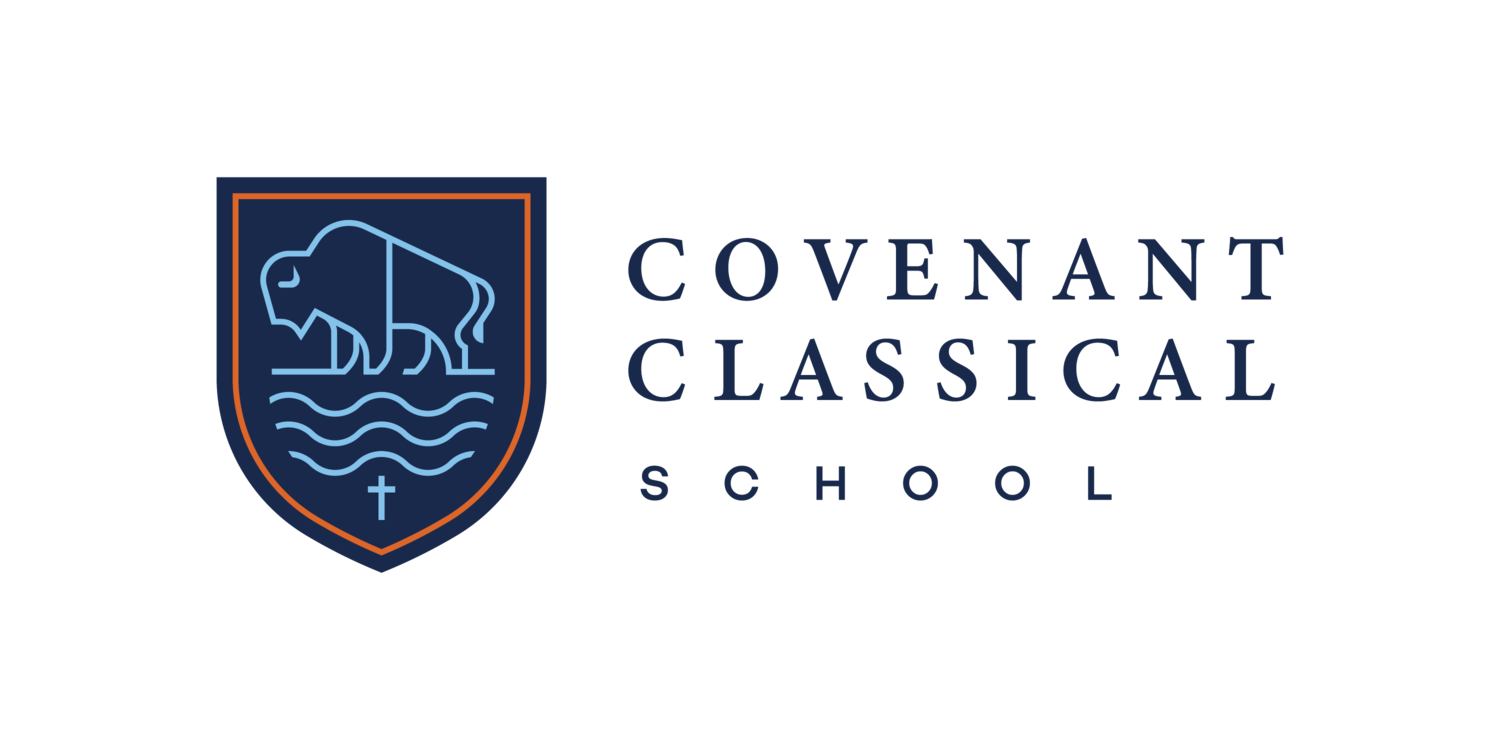A Case for Classical Education
Post By: Logan Thune
In the foreword to the book The Liberal Arts Tradition by Clark and Jain, the philosopher Peter Kreeft mentions eight objections that people often raise regarding classical Christian education. However, rather than discouraging classical Christian education, these eight “objections” actually tend to be strong advertisements for it. We have posted them below in hope that you, too, would find them compelling endorsements of what we are trying to accomplish as a school:
It’s “divisive.” It’s not what everyone else is doing. It marches to a different drummer. It cultivates excellence rather than conformity. Yes it does. And this is sometimes used as an objection rather than as a selling point!
It’s old, outdated, unfashionable. Yes it is, like honor, courage, integrity, and honesty. It doesn’t try to tell the truth with a clock; it doesn’t practice chronological snobbery. In an age which has embraced every novelty, the true rebel is the traditionalist.
It’s not in line with modern philosophies: skepticism, cynicism, subjectivism, relativism, naturalism, materialism, reductionism, positivism, scientism, socialism. That’s exactly right. It’s not. It’s countercultural. It harnesses teenagers’ natural proclivity to rebel and turns that force against “the bad guys,” who are now the “establishment,” instead of against “the good guys.”
It’s “judgmental.” It believes there really is good and bad, true and false. The typical modern education is judgmental only against being judgmental, and skeptical of everything except skepticism.
It’s small. It’s private. It’s grassroots. It’s implemented mainly in small schools, not big ones. This is true, and it’s another plus rather than a minus. “Small is beautiful.” The bigger the school, the more standardized it has to be and the more the person tends to get lost in the system and get identified with his or her race, economic class, gender, sexual orientation, or political party.
It seeks the truth for its own sake, not primarily for pragmatic uses. It aims at wisdom, not wealth. It makes its graduates philosophers instead of millionaires. This is also true. But it’s not a fault. As G.K. Chesterton said, “Man’s most practical need is to be more than a pragmatist.”
It’s not specialized. It doesn’t include courses on underwater basket weaving or pickling and fermentation (which was actually a major at Ohio State). It doesn’t teach you clever ways to outguess Microsoft Word, or the government, or lawyers, or your professor, or the standardized tests. It just teaches you how to think and how to live. But businesses, law schools, and government agencies don’t want specialist drudges and drones; they want people who can read and write and think logically and creatively.
It’s religious. It’s Christian. It doesn’t pretend that the most important man who ever lived never lived, as our public education now does. It assumes that the supernatural is not the enemy to the natural, that “grace perfects nature rather than demeaning it,” as light perfects all colors. (1)
***(1) Peter Kreeft, Foreword, The Liberal Arts Tradition, Clark and Jain, Classical Academic Press, 2019, pp. iv-v.


